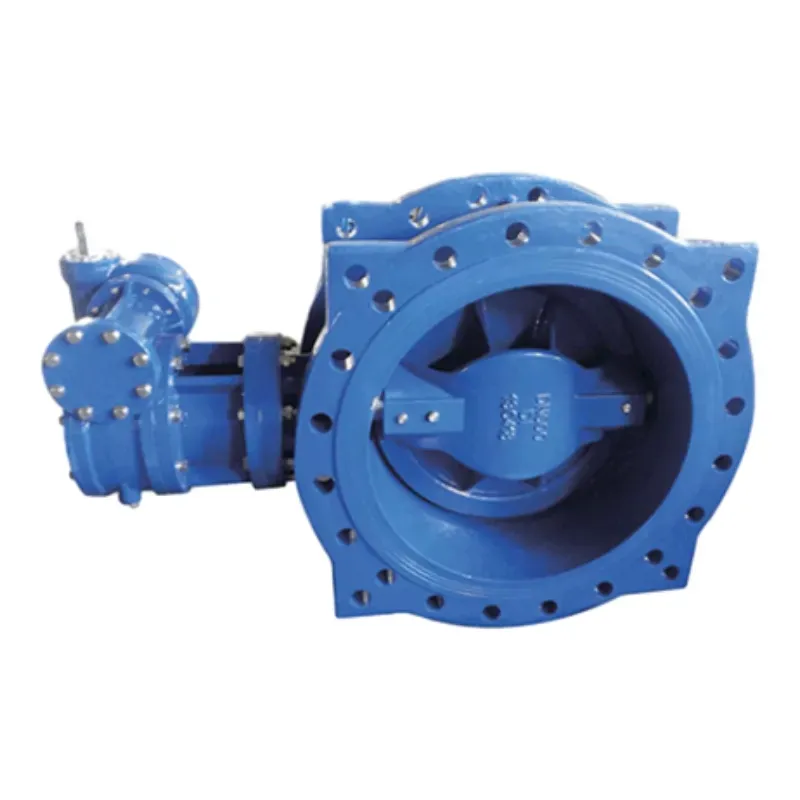ਦਸੰ. . 31, 2024 12:40 Back to list
Reliable Solutions for Industrial Gate Valve Applications in Various Industries
Industrial Gate Valves An Essential Component in Fluid Control
In the realm of industrial applications, the gate valve is a critical component that ensures the efficient control of fluid flow in pipelines. Known for their reliable performance and versatility, industrial gate valves are utilized across various sectors, including oil and gas, water treatment, chemical manufacturing, and power generation. As industries continue to evolve, the demand for high-quality gate valves that can withstand extreme pressures and temperatures has only increased.
Understanding Gate Valves
Gate valves are designed to provide either a full flow or no flow, making them ideal for applications requiring complete shut-off. The mechanism of a gate valve consists of a valve body, a gate (or wedge), and an actuator. When the actuator is turned, the gate moves vertically within the valve body, either allowing or obstructing the flow of fluid. This design minimizes pressure drops and turbulence, which is particularly advantageous in high-flow systems.
The key feature of gate valves is their ability to maintain a straight-line flow path, which reduces friction losses and enhances efficiency. They are categorized into two main types rising stem and non-rising stem valves. Rising stem valves extend the stem above the valve body as the gate is raised, providing a clear visual indicator of the valve's position. On the other hand, non-rising stem valves have a design where the stem does not extend, making them more suitable for applications with limited vertical space.
Materials and Design Considerations
The choice of materials for industrial gate valves is crucial, as these components are subjected to extreme conditions. Common materials include cast iron, forged steel, stainless steel, and various alloys. The material selection depends on factors such as the type of fluid being handled, temperature, pressure, and the presence of corrosive substances. For example, stainless steel is preferred for applications involving corrosive chemicals, while carbon steel may be suitable for services involving water and steam.
Manufacturers often offer gate valves with different trim designs, which influence the performance and suitability of the valve for specific applications. The trim refers to the internal components of the valve, including the gate, seats, and packing. By opting for specialized trims such as soft-seated or metal-seated configurations, engineers can enhance the valve's performance characteristics, such as sealing capabilities, wear resistance, and longevity.
industrial gate valve

Applications of Industrial Gate Valves
Industrial gate valves find widespread usage in various applications due to their unique characteristics. In the oil and gas sector, they play a vital role in pipelines and refineries, controlling the flow of crude oil, natural gas, and refined products. Their ability to handle high-pressure environments makes them essential for upstream, midstream, and downstream operations.
In water treatment facilities, gate valves are employed to manage the flow of water through treatment processes and distribution networks. They enable operators to isolate sections of the system for maintenance or emergency shutdowns without causing disruption to the overall operation. Similarly, in chemical manufacturing, gate valves are used to regulate the flow of raw materials and finished products, ensuring safe and efficient processing.
Advantages of Gate Valves
One of the primary advantages of gate valves is their low-pressure drop when wide open, allowing for efficient fluid transfer. Additionally, their simple design means fewer parts, which contributes to lower maintenance requirements and enhanced reliability. The sealing capability of gate valves ensures minimal leaks, further adding to their appeal in critical applications.
Moreover, gate valves are available in various sizes and configurations to accommodate the specific needs of different industries. With advancements in technology, manufacturers are continually improving the design and materials used in these valves, resulting in enhanced performance, durability, and cost-effectiveness.
Conclusion
In summary, industrial gate valves are indispensable for fluid control in numerous applications. Their efficiency, reliability, and capability to manage high pressures make them a preferred choice in different industries. As the industrial landscape continues to advance, the role of gate valves will only become more vital, underpinning the need for innovative solutions in fluid management and control systems. Understanding the nuances of gate valve design and operation can significantly impact the efficiency and safety of industrial processes, making them a cornerstone of modern engineering.
Share
-
Reliable Wafer Type Butterfly Valves for Every IndustryNewsJul.25,2025
-
Reliable Flow Control Begins with the Right Ball Check ValveNewsJul.25,2025
-
Precision Flow Control Starts with Quality ValvesNewsJul.25,2025
-
Industrial Flow Control ReliabilityNewsJul.25,2025
-
Engineered for Efficiency Gate Valves That Power Industrial PerformanceNewsJul.25,2025
-
Empowering Infrastructure Through Quality ManufacturingNewsJul.25,2025